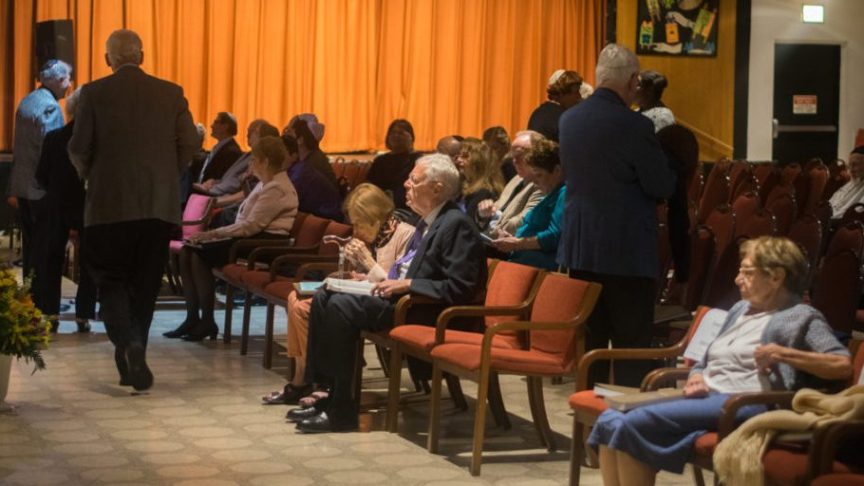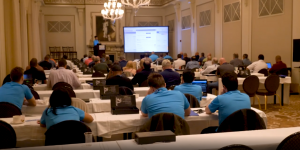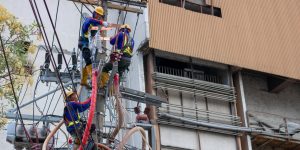Congregants dined on apples and honey at Temple Judea Mizpah’s Rosh Hashanah services last week. For those who don’t know, Rosh Hashanah is the Jewish new year. Hebrew for ‘head of the year,’ the holiday is celebrated by Jews as a time of renewal and atonement across the world.
However, some Jews say they aren’t feeling very festive after a recent string of anti-Semitic incidents. In 2017, white supremacists held a racist rally in Charlottesville, Virginia, a Jewish community center in Portland, Oregon received a bomb threat, and a swastika was drawn on a Chicago, Illinois school windowsill.
Jake Kantor, a non-denominational Jew from the Chicago suburbs, said his trip abroad to Israel in February strengthened his connection to Judaism, but was scared when that same identity was questioned back home.

The Anti-Defamation League published a statement earlier this year stating anti-Semitic incidents increased 86 percent in 2017’s first quarter with 541 incidents reported. In contrast, 2016 saw a 34 percent increase with 1,266 incidents reported.
Temple Judea Mizpah Rabbi Memis-Foler said her Rosh Hashanah sermon this year was inspired by CCAR’s statement.

Kantor says Jewish holidays like Rosh Hashanah are important to him because they connect him to his ancestors and the traditions they passed down. He emphasized that Jews should be able to celebrate those traditions peacefully without fear of violence or persecution.



